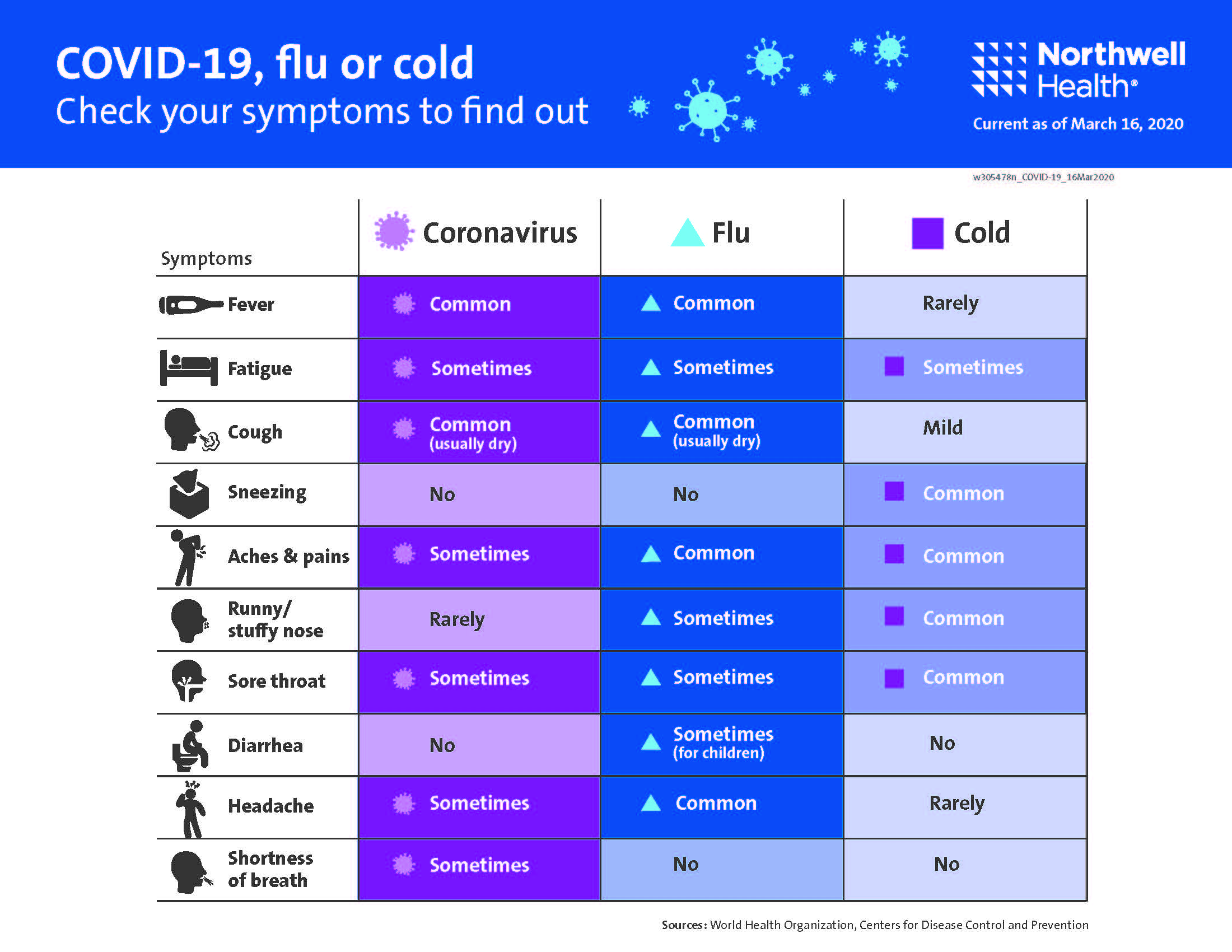Common COVID-19 Variants and Their Symptoms
Covid variants symptoms – The original strain of the SARS-CoV-2 virus has mutated over time, giving rise to several variants. These variants have different characteristics, including their transmissibility, severity, and symptoms.
Amidst the ongoing pandemic, the emergence of new COVID variants has sparked concern. These variants can manifest with unique symptoms, making it crucial to stay informed. For instance, the Omicron variant has been associated with a milder cough and congestion.
However, it’s equally important to monitor the latest brandon aiyuk news to stay abreast of any developments. By staying vigilant and adhering to recommended guidelines, we can navigate these uncertain times with resilience and protect our health.
The following table provides an overview of the most common COVID-19 variants, their symptoms, and their prevalence:
| Variant | Symptoms | Prevalence |
|---|---|---|
| Alpha (B.1.1.7) | Fever, cough, fatigue, shortness of breath, loss of taste or smell | Globally dominant in early 2021 |
| Beta (B.1.351) | Fever, cough, fatigue, muscle aches, headache | Predominant in South Africa in late 2020 |
| Gamma (P.1) | Fever, cough, fatigue, shortness of breath, diarrhea | Predominant in Brazil in early 2021 |
| Delta (B.1.617.2) | Fever, cough, fatigue, headache, sore throat | Globally dominant in mid-2021 |
| Omicron (B.1.1.529) | Mild symptoms, such as runny nose, sore throat, fatigue | Globally dominant in late 2021 |
The symptoms of the COVID-19 variants are generally similar to those of the original strain. However, some variants, such as Omicron, have been associated with milder symptoms. Additionally, some variants may be more likely to cause certain symptoms, such as loss of taste or smell (Alpha variant) or diarrhea (Gamma variant).
Long-Term Effects of COVID-19 Variants

COVID-19 variants have the potential to cause a range of long-term effects, including organ damage, neurological problems, and mental health issues. While the full extent of these effects is still being studied, there is growing evidence to suggest that they can be significant.
One of the most concerning long-term effects of COVID-19 variants is organ damage. The virus can damage the lungs, heart, kidneys, and other organs, leading to a range of health problems. For example, lung damage can lead to shortness of breath, fatigue, and reduced lung function. Heart damage can lead to chest pain, palpitations, and heart failure. Kidney damage can lead to kidney failure and the need for dialysis or a kidney transplant.
COVID-19 variants can also cause a range of neurological problems. These problems can include cognitive impairment, memory loss, and difficulty concentrating. In some cases, COVID-19 variants can also lead to more serious neurological problems, such as stroke or encephalitis.
Finally, COVID-19 variants can also have a significant impact on mental health. The virus can cause anxiety, depression, and other mental health problems. In some cases, COVID-19 variants can also lead to more serious mental health problems, such as psychosis or suicide.
The long-term effects of COVID-19 variants are a serious concern. Further research is needed to fully understand the extent of these effects and to develop effective treatments.
Organ Damage
- The virus can damage the lungs, heart, kidneys, and other organs.
- Lung damage can lead to shortness of breath, fatigue, and reduced lung function.
- Heart damage can lead to chest pain, palpitations, and heart failure.
- Kidney damage can lead to kidney failure and the need for dialysis or a kidney transplant.
Neurological Problems
- COVID-19 variants can cause a range of neurological problems, including cognitive impairment, memory loss, and difficulty concentrating.
- In some cases, COVID-19 variants can also lead to more serious neurological problems, such as stroke or encephalitis.
Mental Health Issues
- COVID-19 variants can also have a significant impact on mental health.
- The virus can cause anxiety, depression, and other mental health problems.
- In some cases, COVID-19 variants can also lead to more serious mental health problems, such as psychosis or suicide.
Prevention and Treatment of COVID-19 Variants: Covid Variants Symptoms

The emergence of COVID-19 variants has posed challenges to the prevention and treatment of the virus. However, several effective measures are available to mitigate the spread and severity of these variants.
Vaccines
Vaccines remain the most effective way to prevent severe illness and death from COVID-19, including its variants. Vaccines work by stimulating the immune system to produce antibodies that can recognize and neutralize the virus.
Antiviral Drugs
Antiviral drugs can be used to treat COVID-19 and reduce the risk of severe illness. These drugs work by interfering with the virus’s replication process.
Other Treatments, Covid variants symptoms
Other treatments for COVID-19 include monoclonal antibodies, which are laboratory-produced proteins that can help the immune system fight the virus, and convalescent plasma, which is blood plasma from people who have recovered from COVID-19 and contains antibodies against the virus.
Public Health Measures
Public health measures, such as masking, social distancing, and hand hygiene, continue to be essential in preventing the spread of COVID-19 variants. These measures help reduce the risk of exposure to the virus and slow its transmission.
The new COVID variants are causing a stir, with symptoms ranging from mild to severe. It’s crucial to stay informed about the latest developments, especially regarding the effectiveness of vaccines and treatment options. Meanwhile, brandon aiyuk news has been making headlines, providing updates on the talented wide receiver’s injury status.
As the pandemic continues to evolve, it’s essential to monitor both COVID variants symptoms and the latest news to stay prepared and informed.